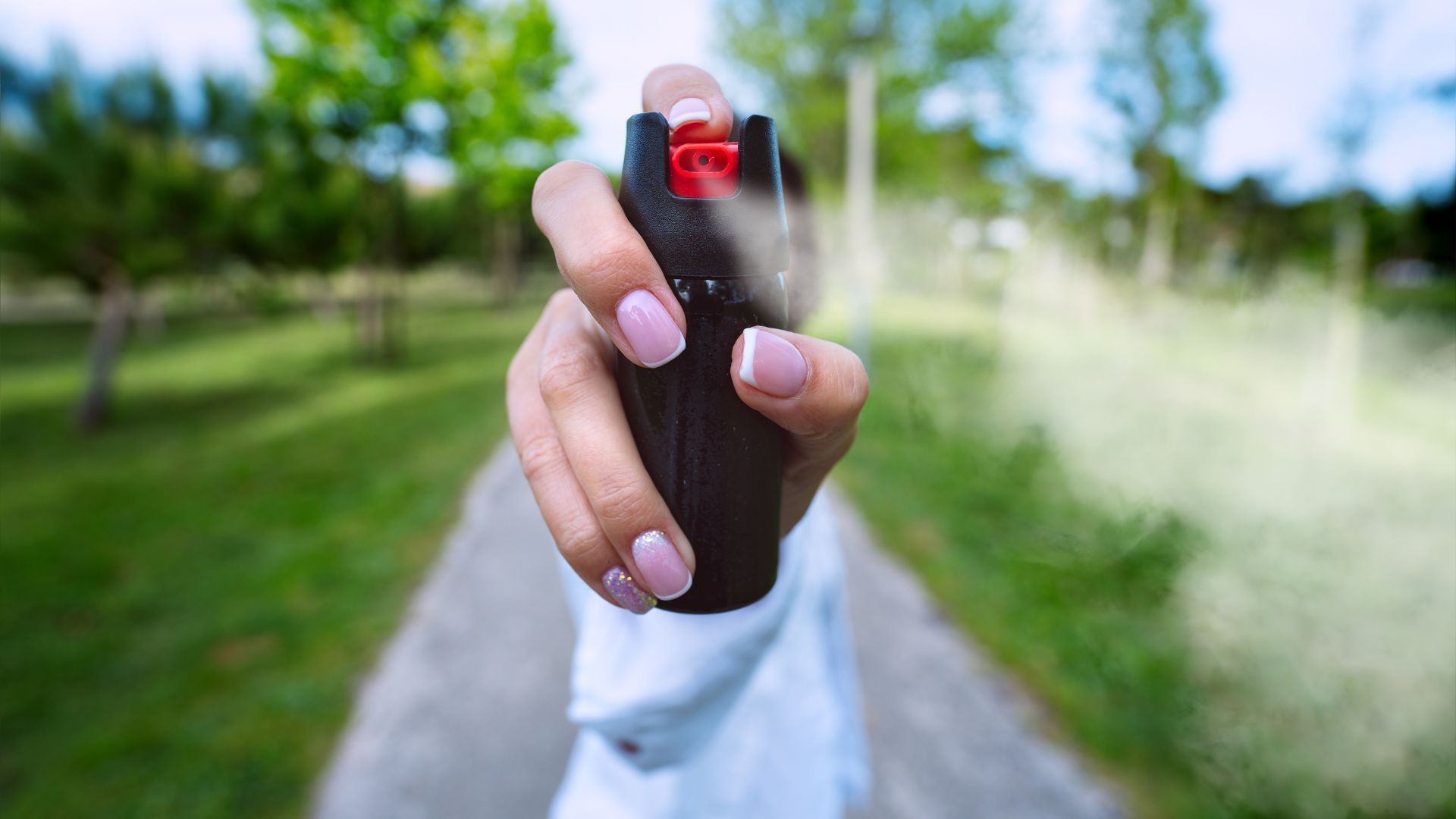When it comes to martial arts, the age-old question of "which martial arts is the best" has been debated by enthusiasts and practitioners for decades. With countless styles and disciplines to choose from, it can be overwhelming to determine which one is the most effective, practical, and suitable for your needs. In this comprehensive guide, we will delve deep into the world of martial arts and explore the different styles, their strengths, weaknesses, and the factors to consider when choosing the best martial art for you.
Table of Contents
- What Makes a Martial Art the Best?
- Which Martial Arts is the Best?
- For Self-Defense?
- For Fitness and Conditioning?
- For Discipline and Mental Focus?
- For Competition?
- For Overall Well-Being?
- For Women's Self-Defense?
- For Children?
- For Older Adults?
- For Weight Loss?
- For Flexibility?
- For Building Strength?
- For Stress Relief?
- For Meditation?
- For Character Development?
- For Weapons Training?
- For Joint Locks and Submission Holds?
- For Striking Techniques?
- For Ground Fighting?
- For Kicking Techniques?
- For Speed and Agility?
- For Balance and Coordination?
- For Endurance and Stamina?
- For High-Impact Training?
- For Low-Impact Training?
- For Multiple Opponents?
- For Mental and Emotional Well-Being?
- FAQs (Frequently Asked Questions)
- Is there a single martial art that is considered the best overall?
- Can martial arts help with self-confidence?
- Are martial arts suitable for children?
- Can martial arts be learned at any age?
- Are martial arts dangerous?
- Can martial arts help with weight loss?
- Conclusion
What Makes a Martial Art the Best?
Before we dive into the specific martial arts styles, let's establish the criteria for determining the best martial art. The best martial art should possess a balance between practicality, effectiveness, and personal enjoyment. It should also consider the individual's physical attributes, goals, and preferences. No single martial art can claim to be the best for everyone, as each style has its unique advantages and limitations.
For Self-Defense?
When it comes to self-defense, several martial arts have proven to be highly effective. One of the most renowned styles for self-defense is Brazilian Jiu-Jitsu (BJJ). BJJ focuses on ground fighting and submission holds, making it ideal for neutralizing attackers regardless of size and strength.
Another martial art renowned for self-defense is Krav Maga. Developed by the Israeli military, Krav Maga emphasizes practical techniques for real-world situations, teaching students to defend themselves quickly and efficiently.
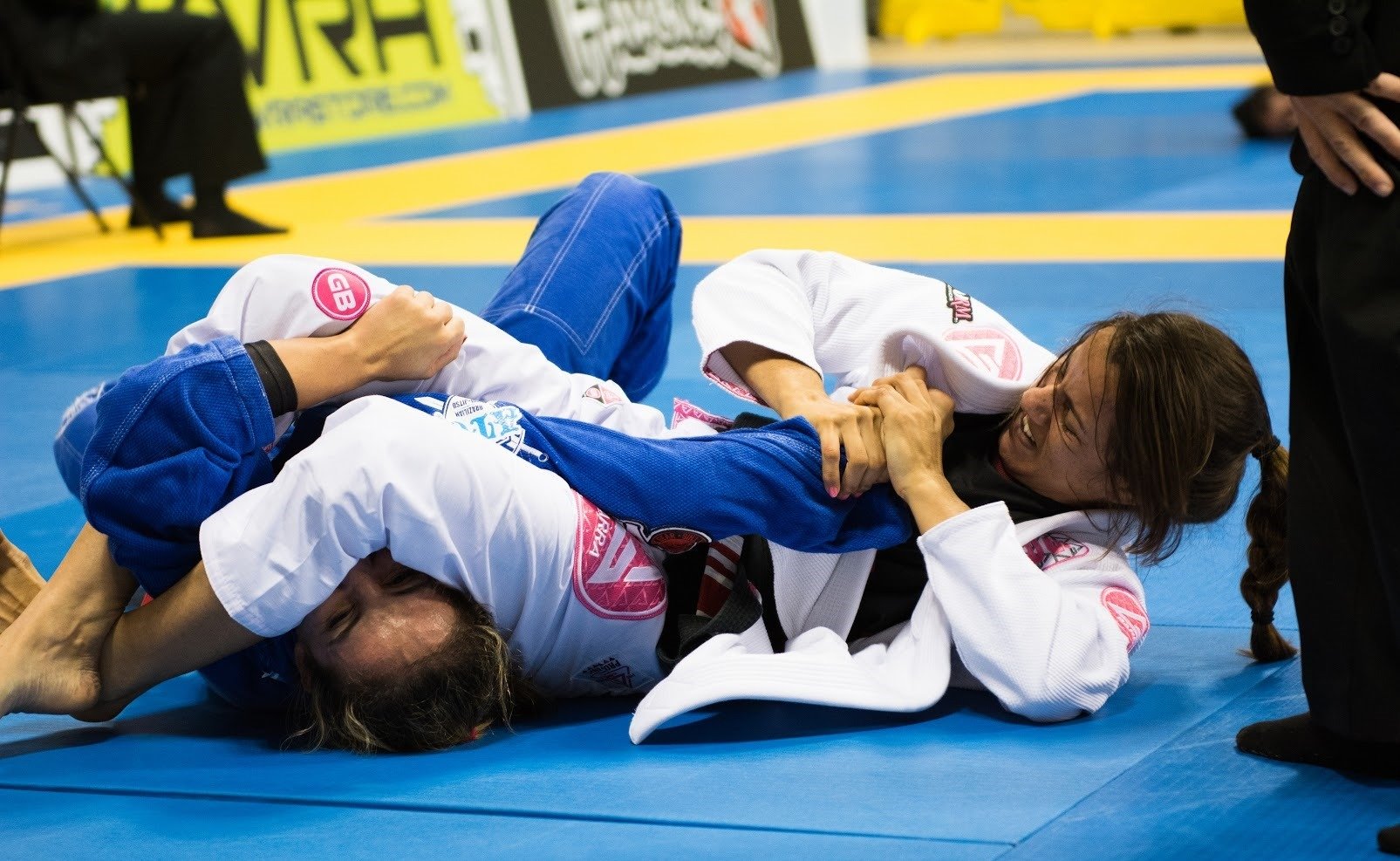
For Fitness and Conditioning?
If your primary goal is to improve your fitness and conditioning, certain martial arts can provide an excellent workout. Kickboxing, for example, combines intense cardiovascular exercise with strength training through striking and kicking techniques. The high-energy nature of kickboxing helps burn calories, improve endurance, and enhance overall fitness levels.
Muay Thai, often referred to as the "Art of Eight Limbs," is another martial art that offers a rigorous workout. With its focus on punches, kicks, knees, and elbows, Muay Thai engages multiple muscle groups, boosting strength, agility, and cardiovascular endurance.

For Discipline and Mental Focus?
Martial arts are not just about physicality; they also promote discipline, mental focus, and self-control. Traditional Japanese martial arts such as Karate and Kendo emphasize discipline, respect, and personal growth. The strict training regimens and codes of conduct in these styles instill discipline and mental fortitude in practitioners.
Tai Chi, originating from ancient Chinese philosophy, combines slow, flowing movements with deep breathing and meditation. This martial art cultivates mindfulness, concentration, and inner peace, promoting mental well-being alongside physical benefits.
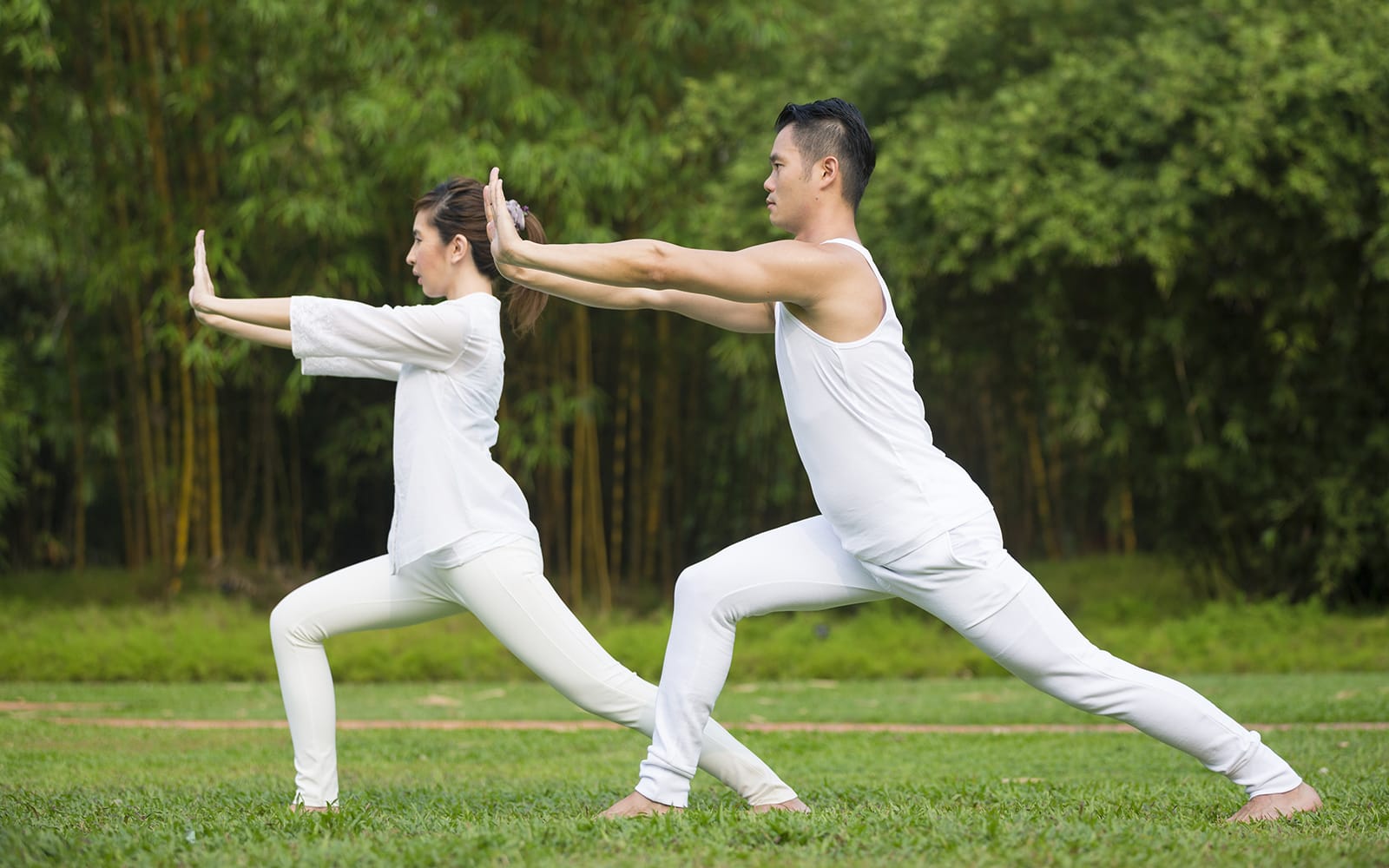
For Competition?
For those interested in martial arts competitions, several styles stand out. Boxing, a combat sport with a rich history, focuses on punches and defensive techniques. It is known for its intense matches and showcases of skill, speed, and strategy.
Judo, a modern martial art derived from traditional Japanese Jiu-Jitsu, is renowned for its throws and grappling techniques. It is an Olympic sport and provides a competitive platform for practitioners to test their skills.
Taekwondo, Karate and Wrestling are also a great sports focussed martial arts that are currently in the Olympics.
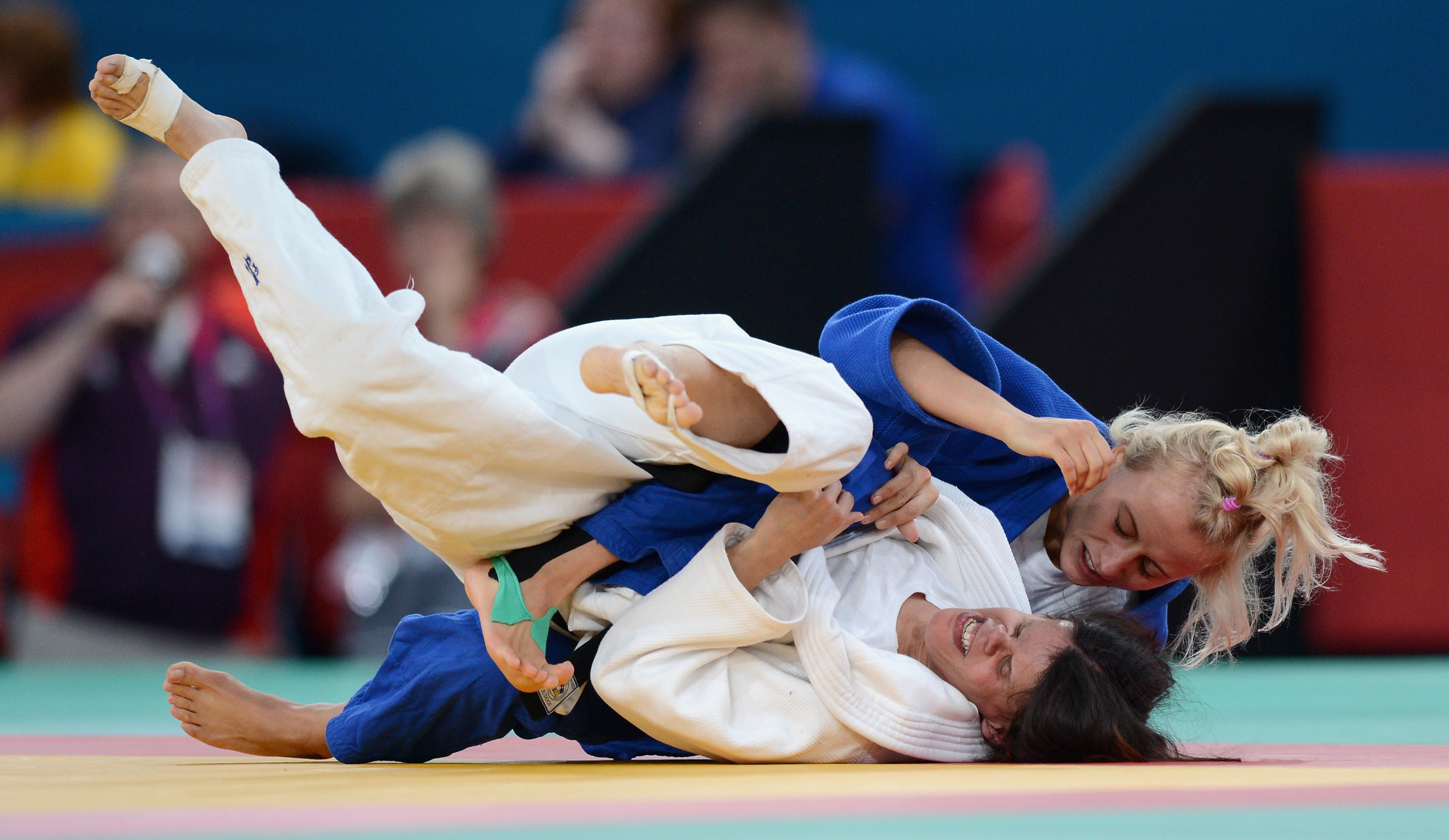
For Overall Well-Being?
If your goal is to achieve overall well-being and holistic development, certain martial arts can offer a balanced approach. Taekwondo, a Korean martial art, combines striking techniques with patterns, forms, and sparring. It promotes physical fitness, mental discipline, and character development.
Aikido, founded by Morihei Ueshiba, focuses on redirecting an opponent's energy rather than using force against force. It emphasizes harmony, self-improvement, and spiritual growth, making it a martial art that nurtures the mind, body, and spirit.
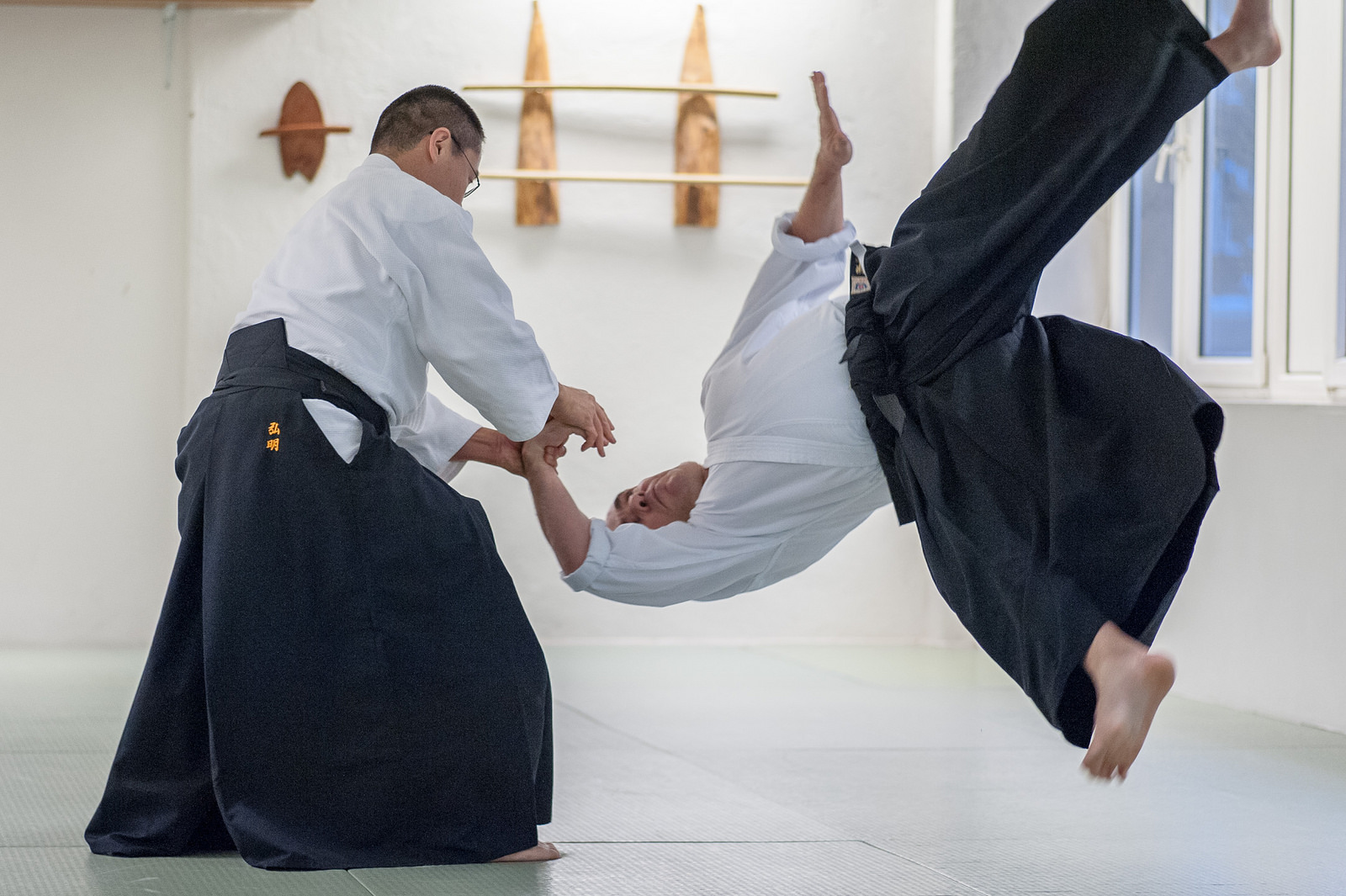
For Women's Self-Defense?
Women's self-defense requires techniques that are practical, efficient, and suitable for a variety of situations. Krav Maga, with its focus on instinctive movements and real-world scenarios, is highly recommended for women's self-defense.
Another martial art worth considering is Wing Chun. Originating from China, Wing Chun utilizes close-range combat techniques, enabling individuals to defend themselves effectively against larger and stronger opponents.

For Children?
When choosing a martial art for children, it is important to consider their safety, physical development, and character building. Brazilian Jiu-Jitsu is an excellent choice as it teaches children valuable self-defense skills while promoting discipline, respect, and self-confidence.
Judo is another popular martial art for children. With its emphasis on throwing and grappling techniques, Judo helps children develop balance, coordination, and problem-solving skills.
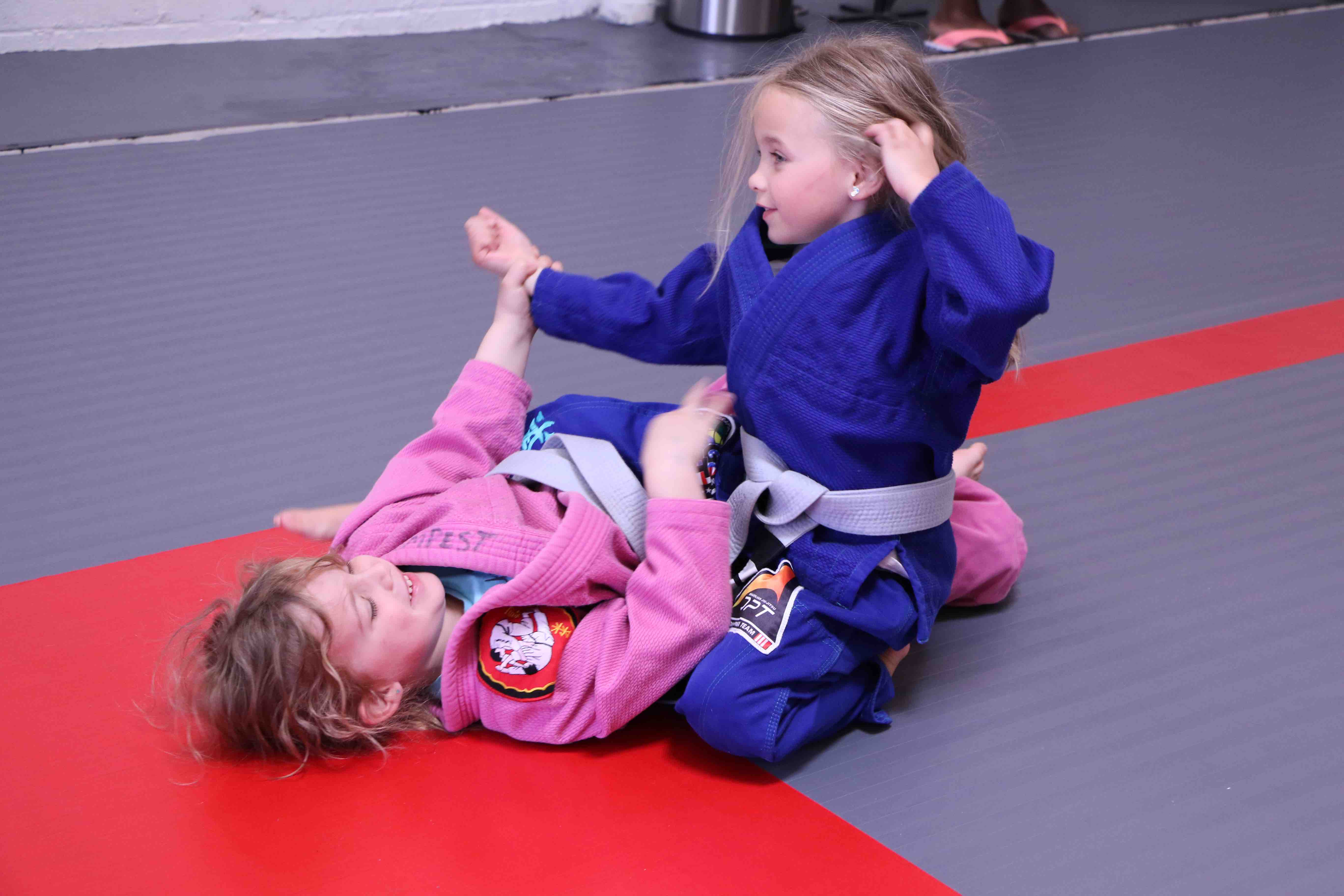
For Older Adults?
For older adults, martial arts that focus on low-impact movements and self-defense techniques are ideal. Tai Chi, with its gentle, flowing movements, improves balance, flexibility, and mental clarity. It is a low-impact martial art that can be practiced well into old age.
Tai Chi Chuan, also known as Taijiquan, combines martial arts techniques with the principles of Tai Chi. It emphasizes relaxation, mindfulness, and energy cultivation, making it suitable for older adults seeking physical and mental well-being.

For Weight Loss?
When it comes to weight loss, high-intensity martial arts can be highly effective. Kickboxing, with its dynamic movements and calorie-burning exercises, is a great choice for shedding excess pounds.
Muay Thai, with its intense training sessions and rigorous workouts, also offers significant weight loss benefits. The combination of cardio, strength training, and overall body conditioning contributes to a higher calorie burn and accelerated weight loss.

For Flexibility?
If improving flexibility is your goal, certain martial arts can help you achieve it. Taekwondo, with its emphasis on high kicks and acrobatic movements, promotes flexibility and mobility in the lower body.
Capoeira, a Brazilian martial art that combines elements of dance, acrobatics, and music, also enhances flexibility. The fluid, flowing movements and constant transitions in Capoeira contribute to improved range of motion and overall flexibility.
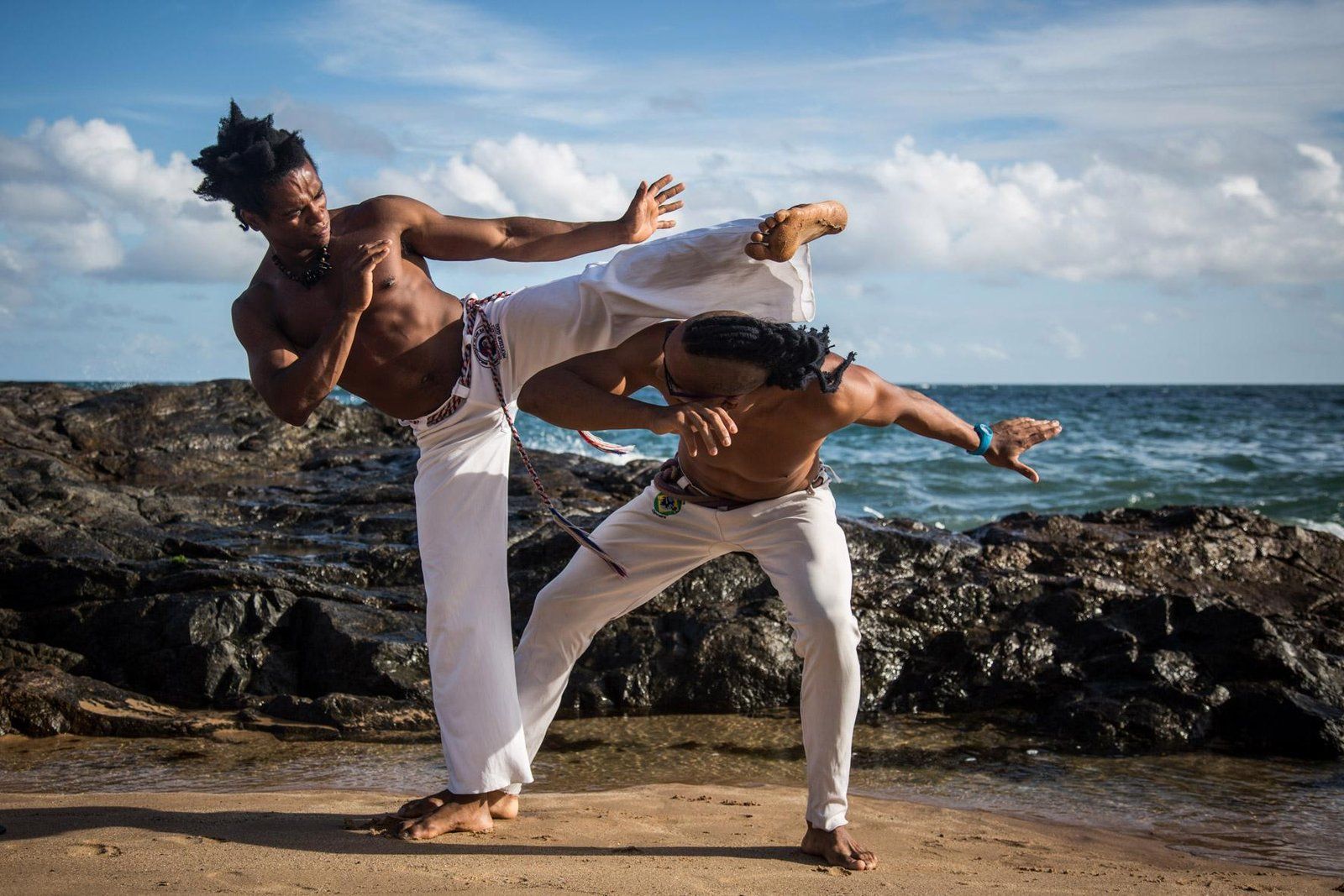
For Building Strength?
When it comes to building strength, martial arts that focus on striking and grappling techniques can help develop muscle power. Boxing, with its emphasis on punches and footwork, enhances upper body strength, core stability, and overall power.
Brazilian Jiu-Jitsu, known for its ground fighting and submission holds, requires significant strength and muscular endurance. Regular training in BJJ can lead to increased strength in the upper body, core, and legs.
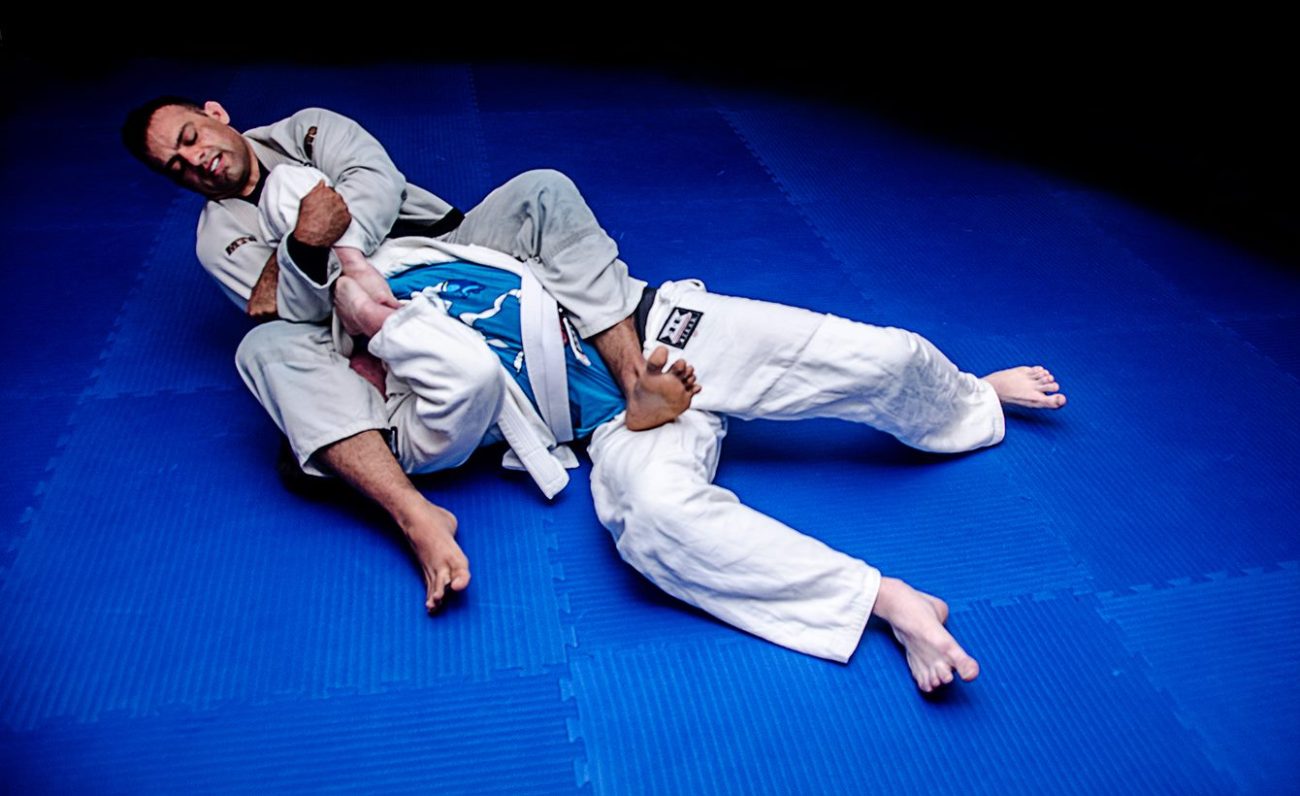
For Stress Relief?
Martial arts offer an excellent outlet for stress relief and mental relaxation. Karate, with its focus on controlled movements, breathing techniques, and meditation, provides a means to release stress and improve mental well-being.
Kung Fu, a Chinese martial art known for its diverse techniques, combines physical conditioning with mental focus. The practice of Kung Fu helps practitioners channel their energy, reduce stress, and achieve a sense of balance.

For Meditation?
For individuals seeking a martial art that incorporates meditation and mindfulness, Qigong is worth exploring. Qigong combines slow, flowing movements with deep breathing and mental focus, promoting relaxation, stress reduction, and inner peace.
Another martial art that integrates meditation is Kendo, the Japanese "Way of the Sword." Kendo practitioners engage in rigorous training and engage in focused meditation, fostering mental clarity and spiritual growth.

For Character Development?
Many martial arts place great emphasis on character development and instilling positive values. Shotokan Karate, a traditional Japanese martial art, emphasizes discipline, respect, and self-control. The training in Shotokan Karate promotes the development of strong character traits and virtues.
Taekwondo, with its tenets of courtesy, integrity, perseverance, self-control, and indomitable spirit, also focuses on character development. Through consistent training, practitioners of Taekwondo develop discipline, humility, and a sense of responsibility.
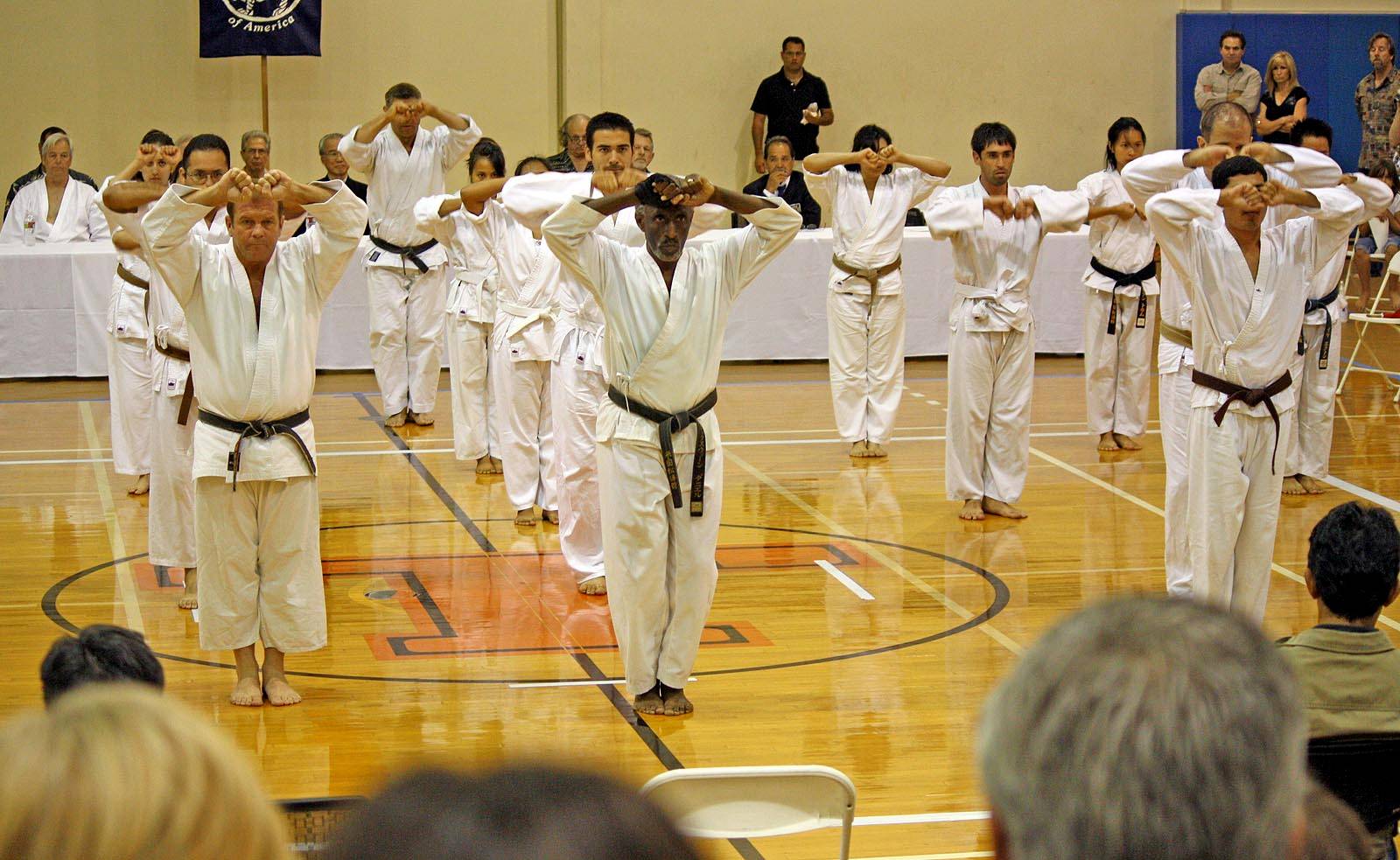
For Weapons Training?
If you are interested in martial arts that involve weapons training, Filipino Martial Arts (Kali/Escrima/Arnis) is highly regarded. FMA encompasses various weapon systems, including sticks, blades, and improvised weapons. The training develops coordination, precision, and practical skills in weapon-based combat.
Japanese Kendo, which centers around the use of the bamboo sword (shinai) and protective armor (bogu), offers an immersive experience in weapon-based martial arts. Kendo cultivates discipline, focus, and respect while honing the practitioner's skill with the sword.
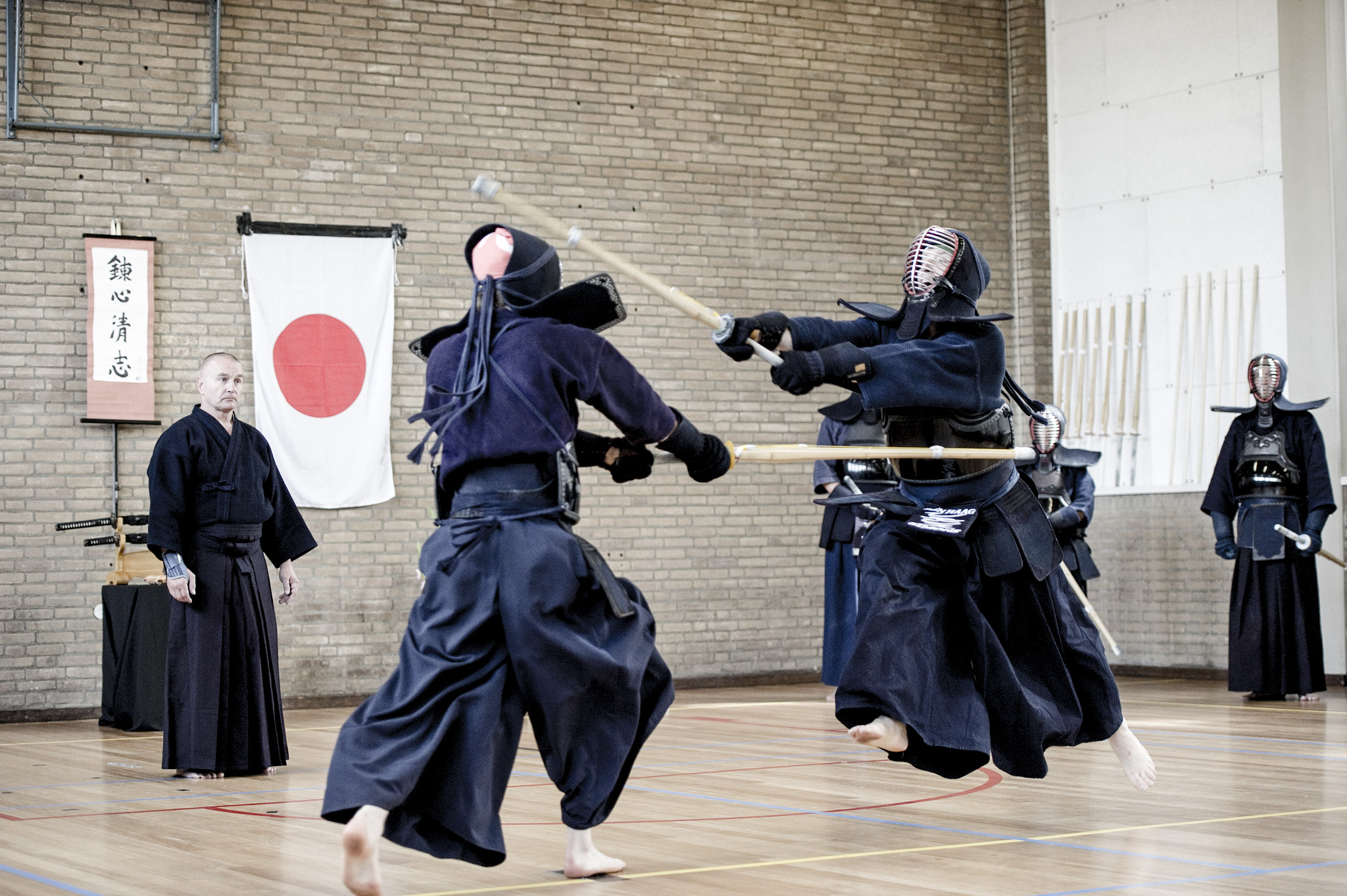
For Joint Locks and Submission Holds?
When it comes to joint locks and submission holds, Brazilian Jiu-Jitsu is unrivaled. With its focus on ground fighting and grappling techniques, BJJ teaches practitioners how to control and submit opponents using various joint locks, chokes, and holds.
Judo, another martial art derived from Japanese Jiu-Jitsu, incorporates a wide range of throws, pins, and joint locks. Judo practitioners learn to leverage an opponent's strength and use their own body mechanics to execute effective joint locks.
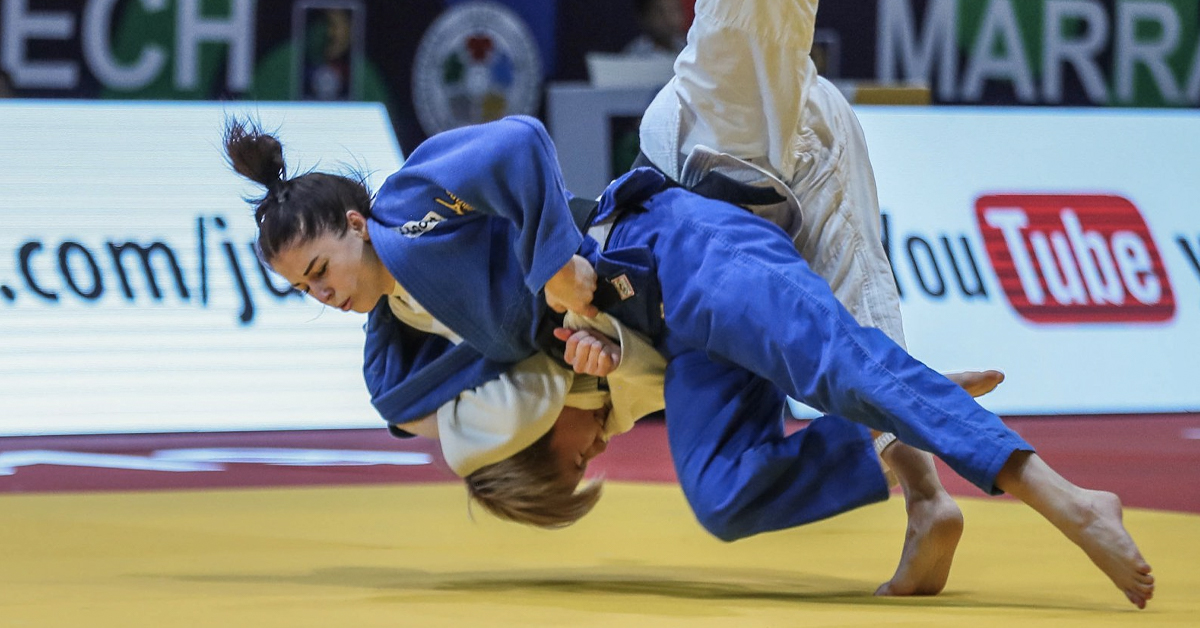
For Striking Techniques?
For those interested in striking techniques, Boxing is renowned for its focus on punches, footwork, and defensive techniques. It hones precision, speed, and power in striking, making it one of the most effective martial arts for developing strong punches and combinations.
Muay Thai, often referred to as the "Art of Eight Limbs," incorporates punches, kicks, knees, and elbows. The comprehensive striking techniques in Muay Thai train practitioners to deliver powerful and accurate strikes from various angles.

For Ground Fighting?
When it comes to ground fighting, Brazilian Jiu-Jitsu is unparalleled. BJJ focuses on submission holds, sweeps, and positional dominance on the ground. It teaches practitioners how to neutralize opponents and control situations in close-quarters combat.
Wrestling, a popular combat sport, also emphasizes ground fighting. Wrestlers learn techniques to take opponents down and secure advantageous positions on the ground, making it an effective martial art for close-range combat.

For Kicking Techniques?
For those interested in mastering kicking techniques, Taekwondo is the go-to martial art. Taekwondo practitioners train extensively in high, fast, and powerful kicks. The training develops flexibility, leg strength, and precise kicking techniques.
Capoeira, an Afro-Brazilian martial art, incorporates a wide range of kicks performed with acrobatic movements and fluidity. Capoeira practitioners excel in agile and creative kicks, making it a dynamic martial art for those seeking to master kicking techniques.

For Speed and Agility?
To develop speed and agility, certain martial arts can offer effective training methods. Boxing, with its focus on quick footwork, rapid punches, and defensive movements, enhances speed, agility, and reflexes.
Kung Fu, a Chinese martial art, incorporates a variety of dynamic and fluid movements that require speed, agility, and coordination. The practice of Kung Fu develops quick reactions and nimble footwork, allowing practitioners to maneuver swiftly in combat.
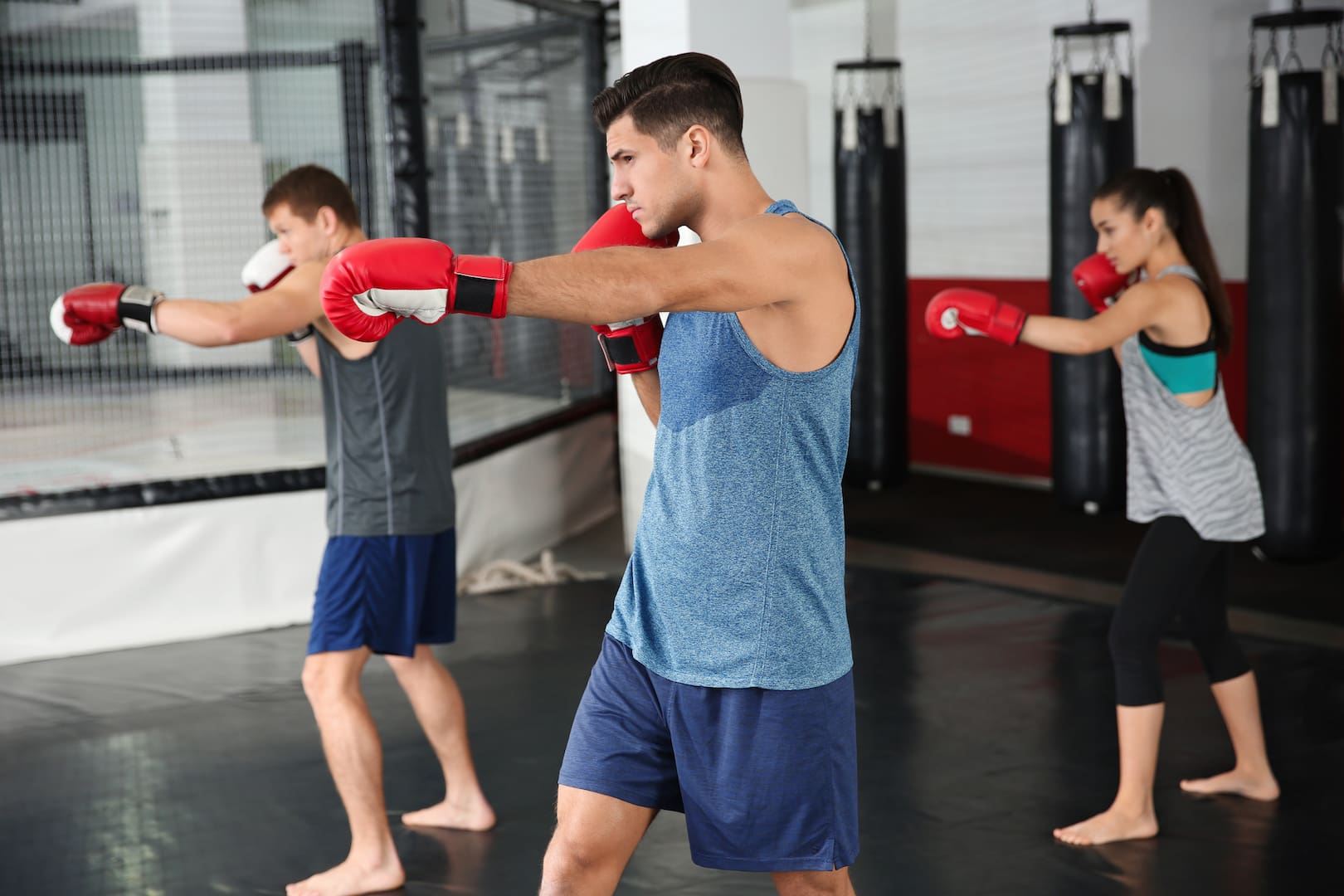
For Balance and Coordination?
For individuals seeking to improve balance and coordination, Aikido is an excellent choice. Aikido techniques involve circular movements and redirection of an opponent's energy, requiring precise balance and coordination.
Wing Chun, a Chinese martial art, places great emphasis on centerline theory and efficient movements. Wing Chun training enhances balance, coordination, and spatial awareness, facilitating effective defense and counterattacks.
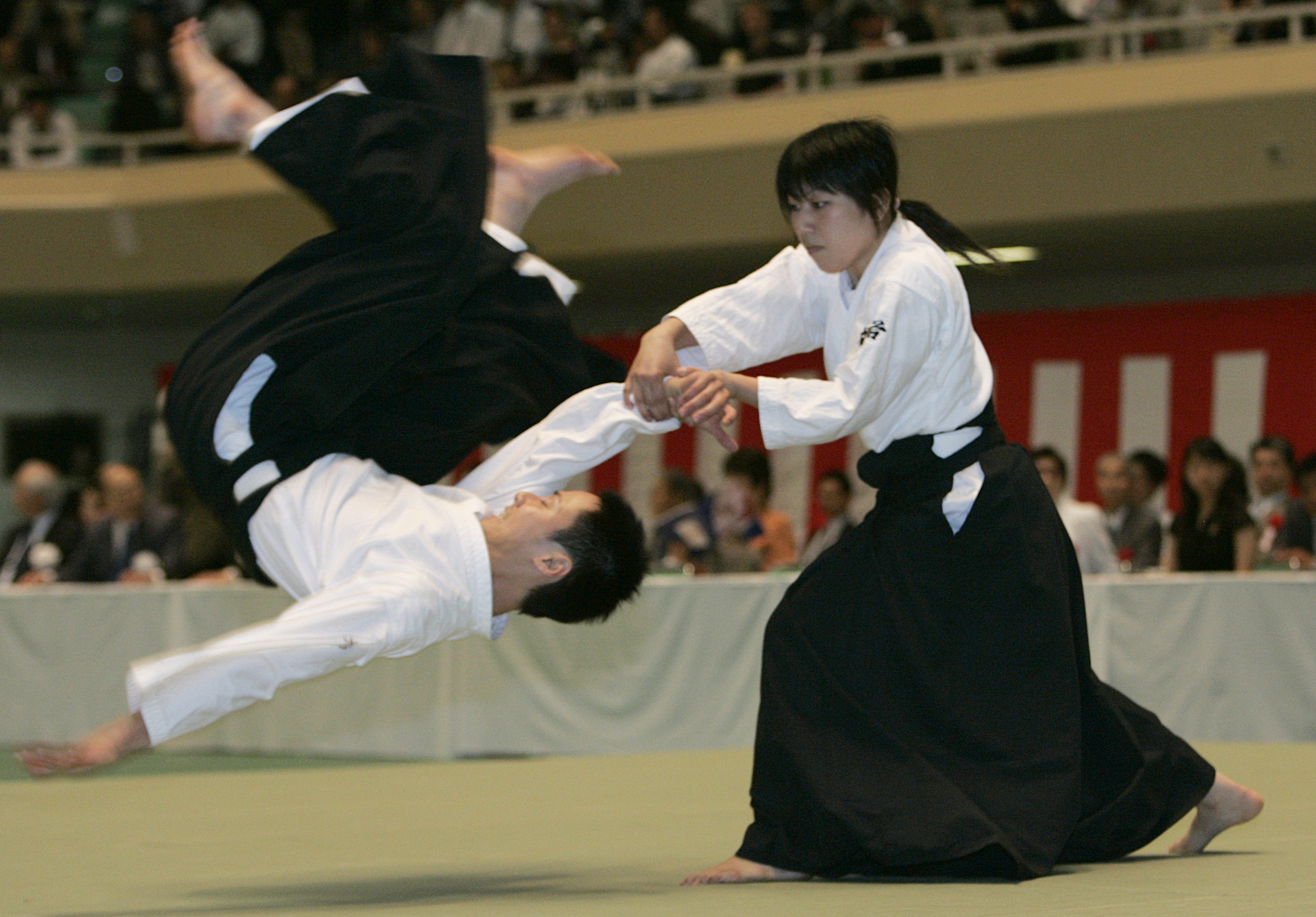
For Endurance and Stamina?
To build endurance and stamina, martial arts that involve high-intensity training are beneficial. Muay Thai, with its intense training sessions and continuous physical exertion, develops endurance, cardiovascular fitness, and stamina.
Krav Maga, known for its realistic and intense training scenarios, challenges practitioners physically and mentally. The demanding drills and conditioning exercises in Krav Maga improve endurance and stamina.
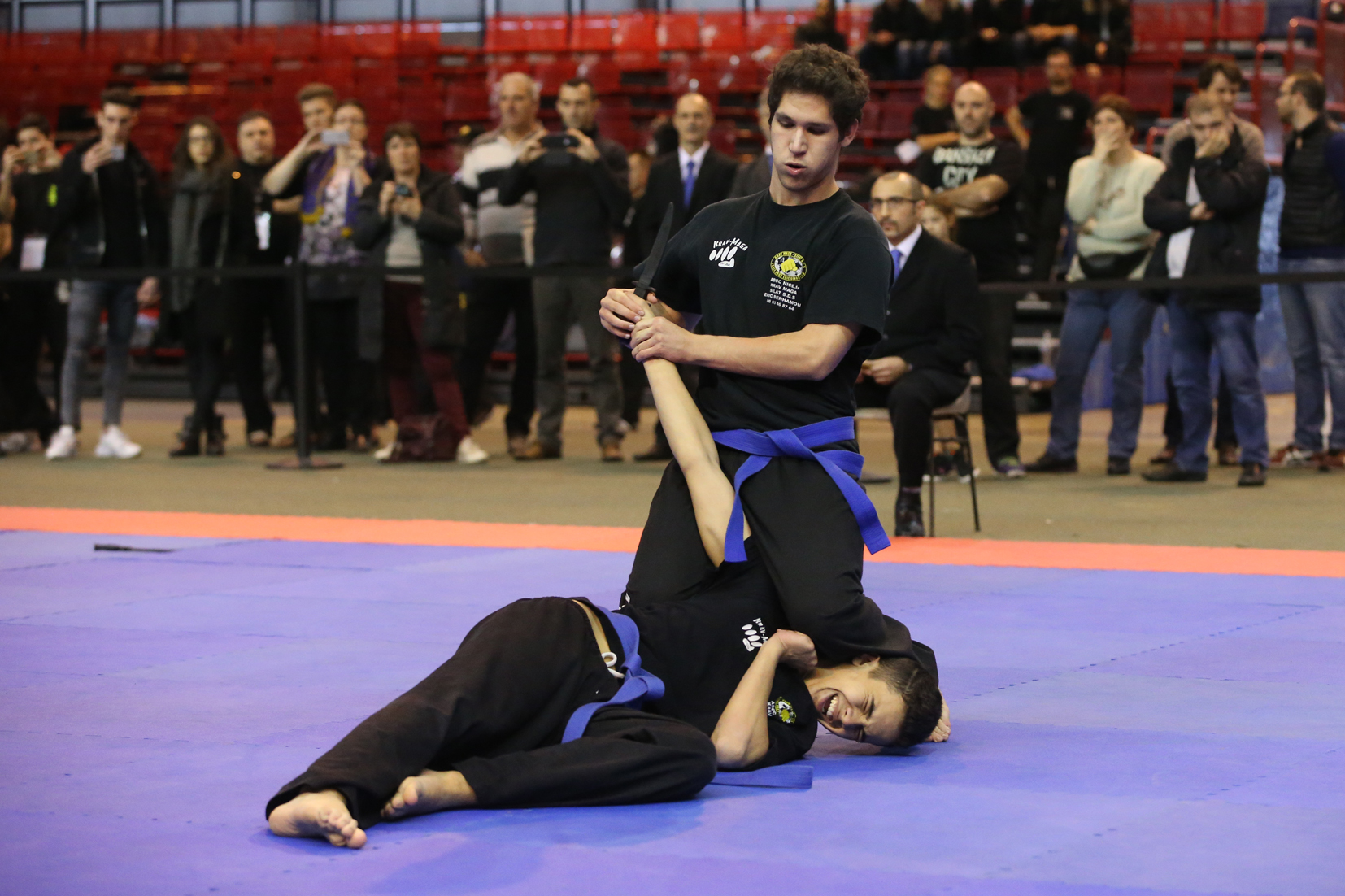
For High-Impact Training?
For individuals seeking high-impact training and full-body conditioning, Mixed Martial Arts (MMA) is an ideal choice. MMA combines various martial arts disciplines, such as Brazilian Jiu-Jitsu, Muay Thai, Boxing, and Wrestling, into a comprehensive combat sport. MMA training incorporates intense cardio workouts, strength training, and sparring, providing a high-impact training experience.
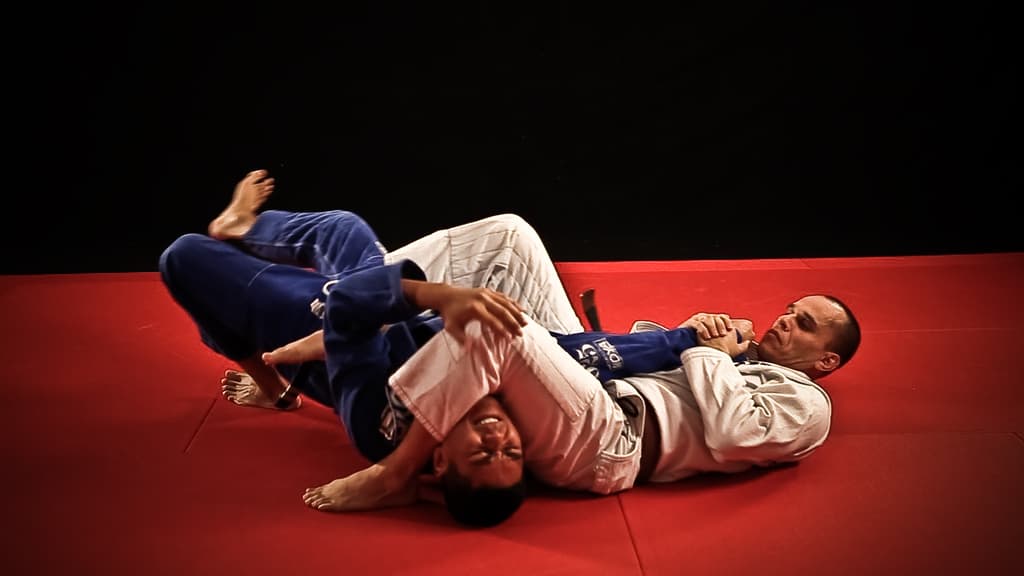
For Low-Impact Training?
If you prefer low-impact training that is gentle on the joints, Tai Chi is an excellent option. Tai Chi's slow, flowing movements are suitable for individuals of all ages and fitness levels. It promotes relaxation, balance, and flexibility without subjecting the body to high-impact stress.
Qigong, with its gentle movements and deep breathing exercises, offers a low-impact training method that improves energy flow, flexibility, and overall well-being.

For Multiple Opponents?
When it comes to self-defense against multiple opponents, Krav Maga is highly effective. Krav Maga techniques are designed to neutralize threats quickly and efficiently, emphasizing practical and instinctive movements that allow individuals to defend themselves against multiple attackers.
Jeet Kune Do, the martial art founded by Bruce Lee, focuses on simplicity, directness, and adaptability. It incorporates techniques from various martial arts to handle multiple opponents effectively.

For Mental and Emotional Well-Being?
Martial arts can provide significant mental and emotional benefits. Tai Chi, with its emphasis on mindfulness, relaxation, and energy cultivation, promotes mental clarity, emotional balance, and stress reduction.
Aikido, with its philosophy of harmony and non-aggression, fosters a peaceful mindset and emotional resilience. The practice of Aikido can help individuals manage stress, develop patience, and cultivate a positive outlook on life.
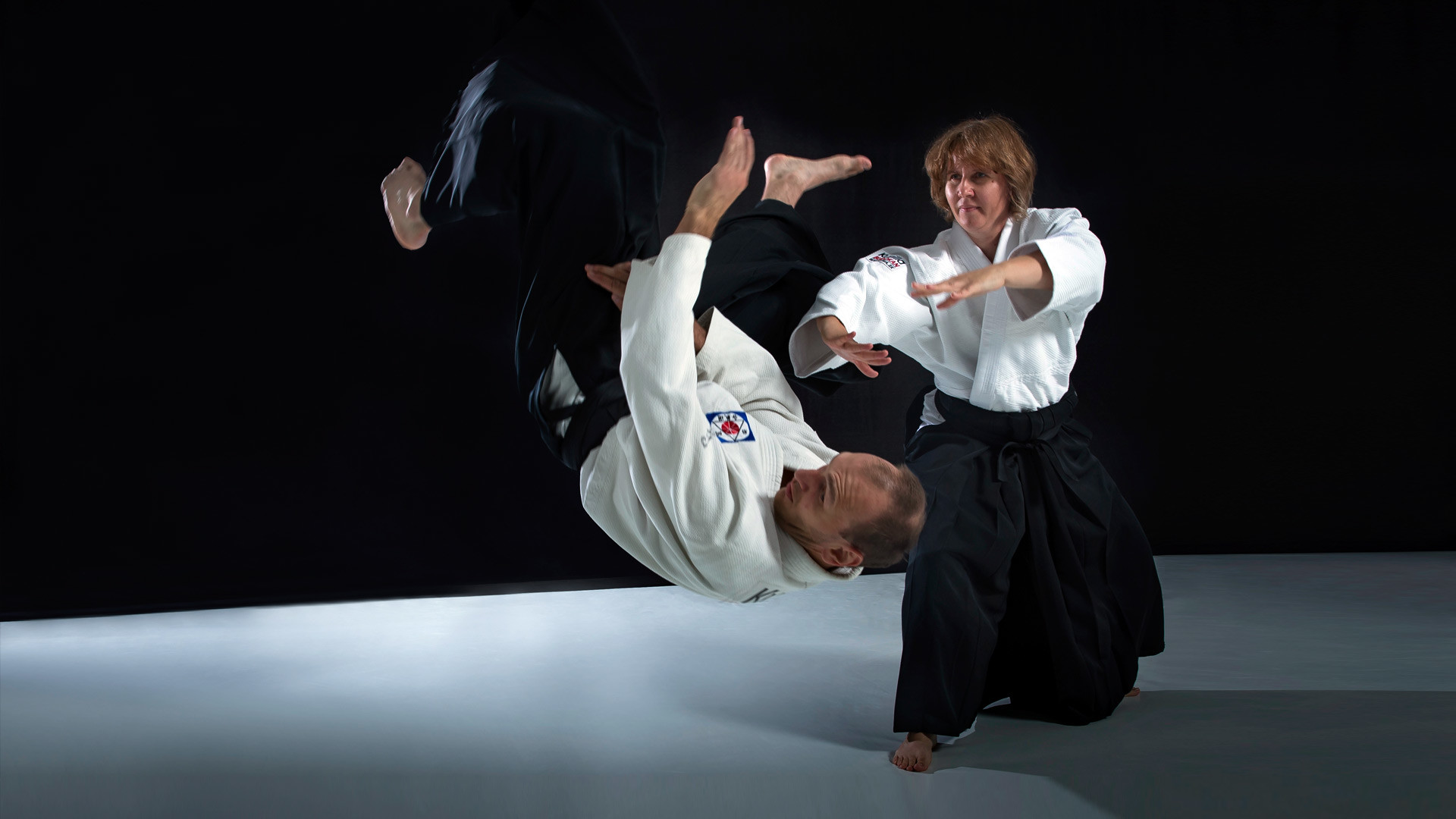
FAQs (Frequently Asked Questions)
1. Is there a single martial art that is considered the best overall?
No, there is no single martial art that can be universally considered the best overall. Each martial art has its own unique strengths, focuses, and training methods. The best martial art for an individual depends on their personal goals, interests, and physical attributes.
2. Can martial arts help with self-confidence?
Yes, martial arts can significantly boost self-confidence. Through training and mastering techniques, practitioners gain a sense of achievement and self-assurance. Additionally, martial arts often incorporate elements of discipline, respect, and personal growth, which contribute to increased self-confidence.
3. Are martial arts suitable for children?
Yes, martial arts can be highly beneficial for children. Martial arts training promotes discipline, respect, physical fitness, coordination, and self-confidence in children. It also teaches valuable life skills such as focus, perseverance, and goal setting.
4. Can martial arts be learned at any age?
Yes, martial arts can be learned at any age. Many martial arts schools and instructors offer classes specifically tailored to different age groups and skill levels. Whether you're a child, teenager, adult, or senior, there are martial arts programs available to suit your needs.
5. Are martial arts dangerous?
Like any physical activity, there is always a risk of injury in martial arts. However, with proper training, supervision, and adherence to safety guidelines, the risk can be minimized. Martial arts schools prioritize the safety of their students and provide a structured environment for training.
6. Can martial arts help with weight loss?
Yes, martial arts can be an effective tool for weight loss. Many martial arts styles involve high-intensity workouts, cardiovascular exercises, and strength training, which contribute to calorie burn and fat loss. Consistent practice of martial arts, combined with a healthy diet, can support weight loss goals.
Conclusion
Choosing the best martial art depends on your goals, interests, and personal preferences. Whether you're seeking self-defense skills, physical fitness, discipline, stress relief, or personal growth, there is a martial art suited to your needs. Consider the various styles discussed in this article and find a reputable.
Self Defence Courses with Female Instructors
We are about creating a safe space where you can learn self defence
For private group bookings we can come to your location.
Servicing:
Melbourne, Surrey Hills, Kilmore, Yarraville and other areas around Melbourne Metro Area and Greater Melbourne.
Training Areas
Yarraville, Kilmore, Surrey Hills
& Hobsons Bay area
Ts, Cs & Ps
Links


© Self Defence Hub. All rights reserved.
A safe space for the rainbow community ![]()

